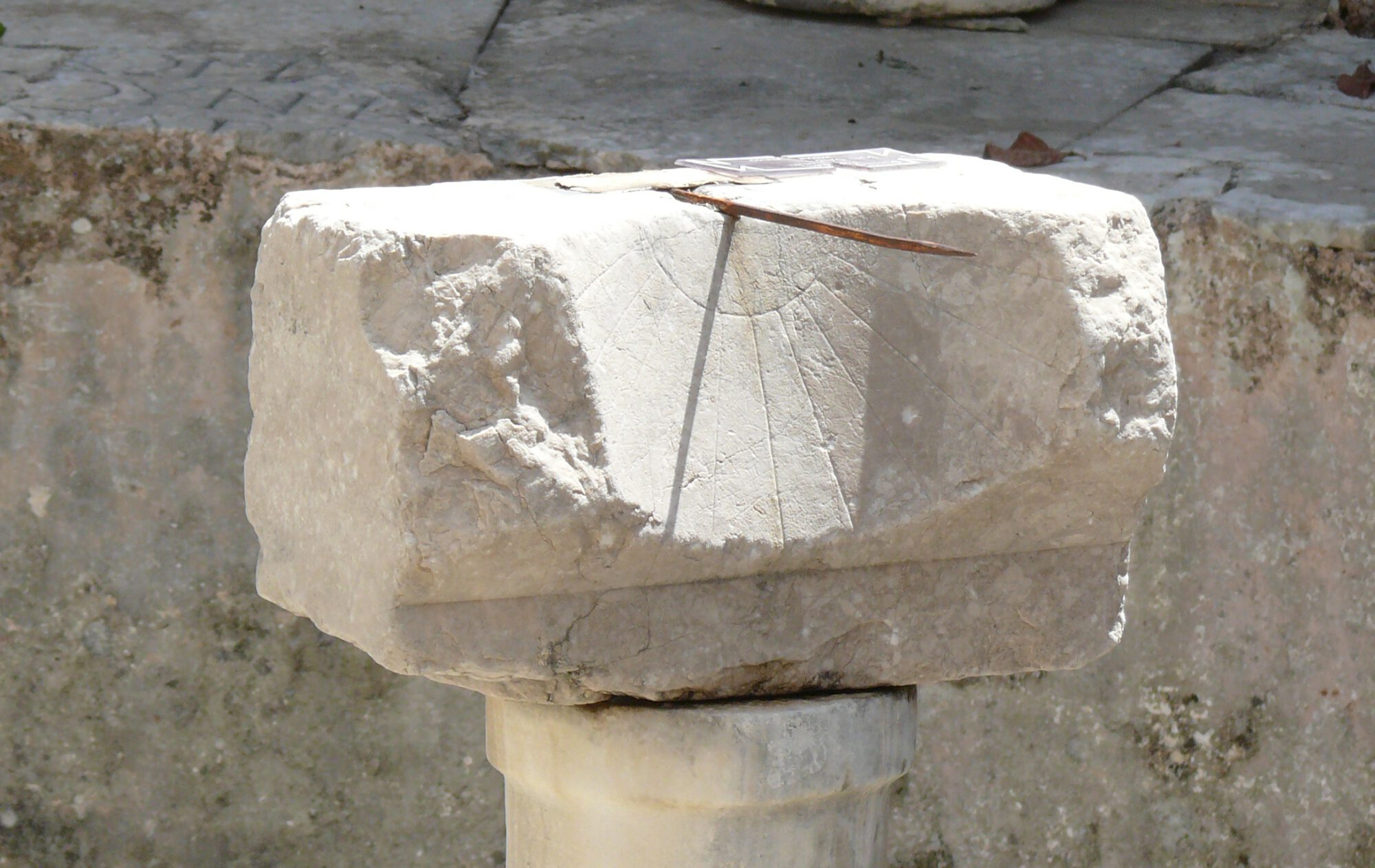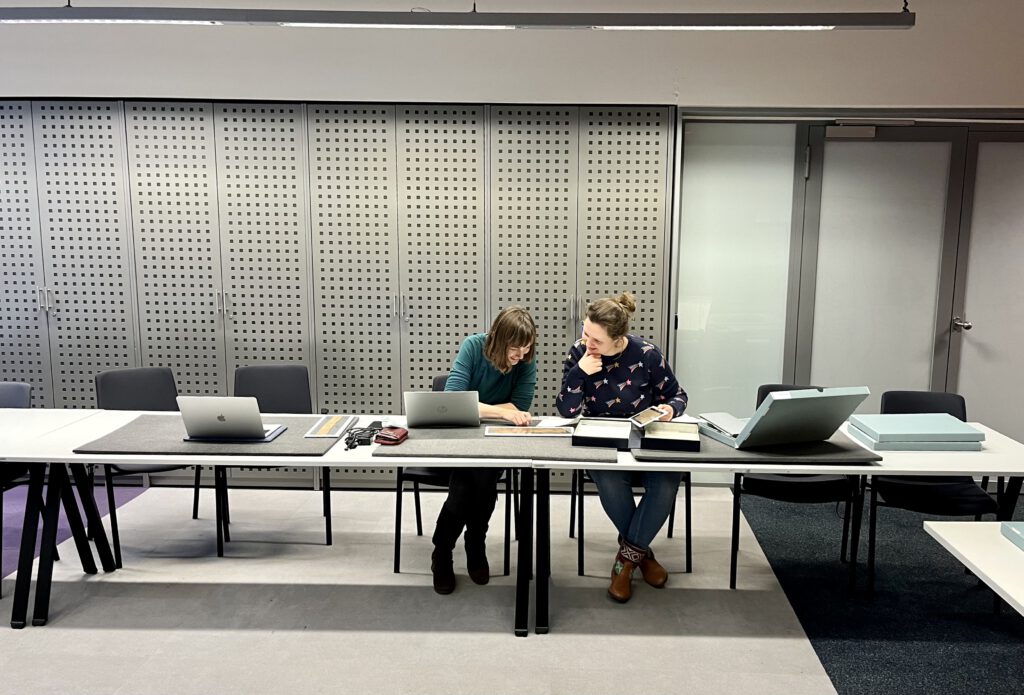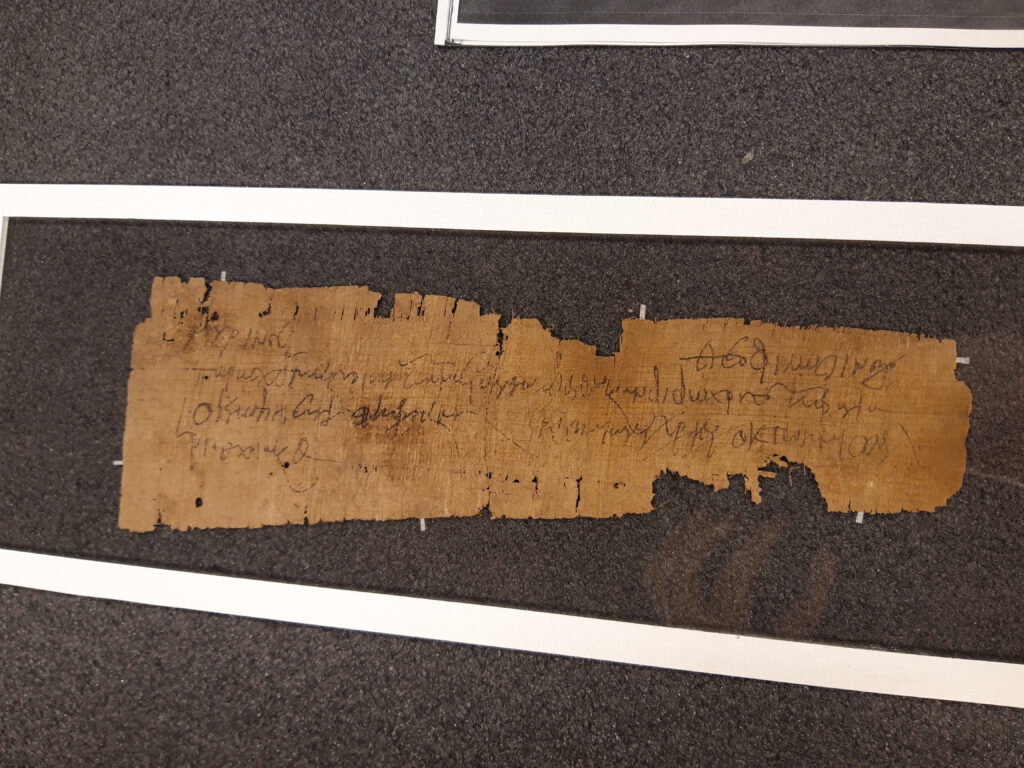On 17 May 2024 a conference on Urban times will take place at Bonn University, with contributions on temporality and routines in Greek and Roman cities. The program is as follows:
9.00 – 9.15: Introduction
9.15 – 10: Tabea Meurer (Mainz), Scheduling (In-)Equality. A Re-Exploration of Athenian Chronopolitics
10.00 – 10.45: Roland Färber (Düsseldorf/München), Topographie der Zeit –Chronographie des Raums. Das Beispiel der hellenistischen Polis
10.45 – 11.00 Coffee break
11.00 – 11.45: Franziska Lang (Darmstadt), Domestic times – Phos4Dtool and the affordance of daylight
11.45 – 12.30: Laura Nissin (Helsinki), In the Light of Darkness — Illuminating the Use of Space in Roman Houses
12.30 – 13.30 Lunch break
13.30 – 14.15: Adrian Hielscher (Kiel), Material Manifestations of Social Time.
Sundials in Roman Cities
14.15 – 15.00 Eva Winter (Jena), Timelines and shapes of time: Regarding possible interactions of temporal aspects in ancient cities
15.00 – 15.15 Coffee break
15.15 – 16.00 Sofie Remijsen (Amsterdam), Away from urban time: How early monastic routines developed in dialogue with the worldly rhythms of the city
16.00 Concluding remarks and discussion
Guests are warmly invited. If you would like to participate in the workshop, we would be grateful for a short email to sfeuser[at]uni-bonn.de and/or S.M.J.Remijsen[at]uva.nl.



